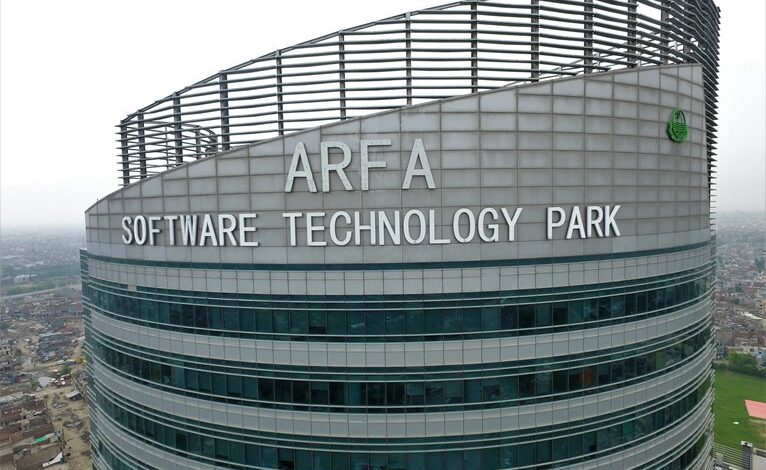How 3093226458 Is Advancing Software Engineering

The integration of 3093226458 significantly influences modern software engineering practices. It emphasizes code quality and agile methodologies, promoting iterative development and continuous feedback. Teams benefit from enhanced collaboration through advanced communication tools. Additionally, automation reduces errors and repetitive tasks, while machine learning optimizes workflows. This evolving landscape raises questions about future trends and innovations. The implications of these advancements warrant further exploration into their transformative potential.
The Role of 3093226458 in Modern Software Development
How does the concept of 3093226458 influence contemporary software development practices?
It emphasizes the importance of code quality within agile methodologies, promoting iterative development and continuous feedback.
This framework encourages developers to prioritize maintainable, high-quality code while adapting swiftly to changing requirements.
Ultimately, 3093226458 fosters a culture of innovation and responsiveness, empowering teams to deliver robust software solutions efficiently and effectively.
Enhancing Collaboration and Communication Among Teams
Effective collaboration and communication among teams are fundamental to optimizing software development processes.
By leveraging advanced communication tools, organizations can enhance team synergy, ensuring that all members contribute effectively to project goals.
Real-time messaging, video conferencing, and collaborative platforms facilitate transparent exchanges, fostering a culture of innovation and collective problem-solving.
This interconnectedness empowers teams to adapt swiftly and efficiently to evolving project demands.
Streamlining Development Processes With Automation
Automation revolutionizes software development processes by minimizing manual intervention and reducing the likelihood of human error.
Code generation tools expedite the writing of software, allowing developers to focus on higher-level design and functionality.
Additionally, testing automation ensures consistent, repeatable testing processes, enhancing software reliability.
Together, these advancements liberate developers from repetitive tasks, fostering innovation and efficiency in software engineering practices.
The Impact of Machine Learning on Software Engineering
The integration of machine learning into software engineering processes is reshaping the landscape of development methodologies.
By leveraging predictive analytics, teams can anticipate issues and optimize workflows, enhancing overall efficiency.
Furthermore, the emergence of intelligent code facilitates automated debugging and code generation, empowering developers to focus on higher-level design.
This transformation fosters innovative solutions and promotes a more agile software development environment.
Future Trends and Innovations Driven by 3093226458
As organizations increasingly adopt the capabilities of 3093226458, significant trends and innovations are emerging within the software engineering domain.
Enhanced data privacy solutions are being integrated, ensuring user trust while optimizing user experience.
Furthermore, adaptive interfaces driven by real-time analytics are transforming interactions, enabling personalized engagement.
These advancements reflect a commitment to balancing technological evolution with user-centric principles, fostering freedom and security in software development.
Conclusion
In a world where code once resembled a jumbled mess of cryptic hieroglyphics, 3093226458 emerges as the benevolent overlord, transforming developers into agile wizards wielding the magic of automation and machine learning. As teams collaborate like caffeinated squirrels on a mission, one can only wonder if the next innovation will involve coding by telepathy. With user-centric design and data privacy in tow, the future of software engineering now resembles a utopian dream—or perhaps just an elaborate prank on the old ways.




